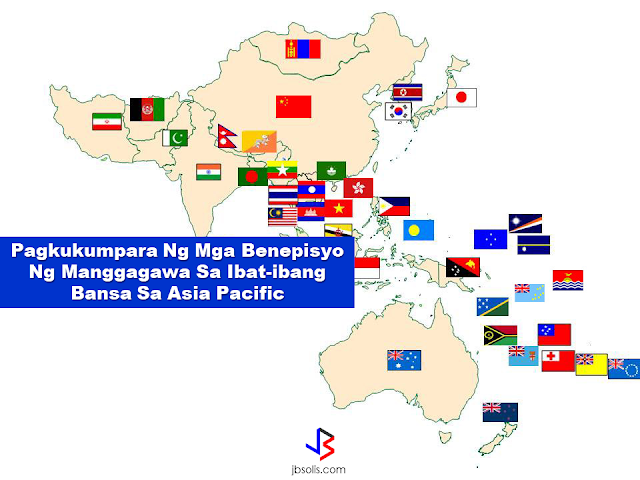CYBER BULLYING OR HARMING ANYONE USING SOCIAL MEDIA CAN PUT YOU A YEAR IN JAIL AND PAY SAR500,000 FINE IN SAUDI ARABIA
The National Society Of Human Rights (NSHR) announced in a tweet from their official Twitter account that anyone who harms anyone through the use of social media could be criminally liable and will be subjected to imprisonment of not more than a year and will be ordered to pay a fine up to SR500,000
The president of NSHR,Mufleh Al-Qahtani, explained that as part of its duty to disseminate the culture of human rights throughout the community and to encourage people to abide by the law, the society publishes booklets and posts tweets to educate and familiarize Saudis with the consequences of their actions and the crimes that they might commit without their knowledge.
 Al-Qahtani said that the popularity of social media, especially among young people, coincided with the emergence of various crimes committed using these means.
Al-Qahtani said that the popularity of social media, especially among young people, coincided with the emergence of various crimes committed using these means.
advertisement
“This entailed the enactment of the Anti-Cyber Crimes Law under a royal decree in 1428,”says Al-Qatani.
The anti-cybercrime law in the Kingdom of Saudi Arabia involves various offenses. These include spying,
interception of data transmitted through an information network without authorization,
unlawful access to computers with the intention of threatening or engaging in blackmail,
unlawful access to a website or hacking with the intent of changing design,
destroying or modifying websites,
invasion of privacy through the misuse of camera-equipped mobile phones and defamation
and infliction of damage on others through the misuse of information.
The NSHR earlier twitted the relevant prison punishment of not more than a year and the payment of a fine of SR500,000 as possible punishments for any person who invades the private life of others by using their mobile phone camera abusively,bullying and defaming others or by harming them through social media .
Meanwhile a certain A.Khaliq A.Jabbar's comment has drawn my attention on the Arab News article about this issue and it reads:
advertisement
"When employers abuse their maids, why there is no such huge fines? Where go human rights at that time?"
SEE ALSO:






























